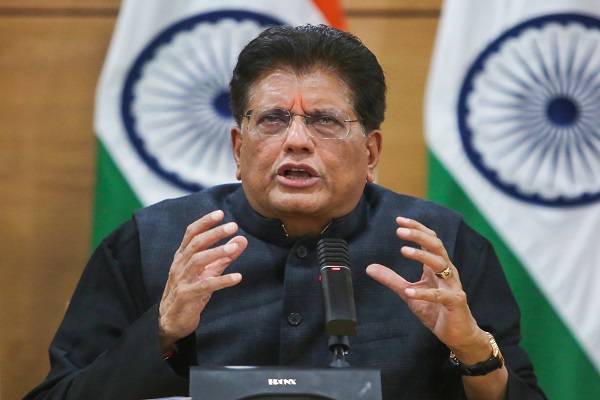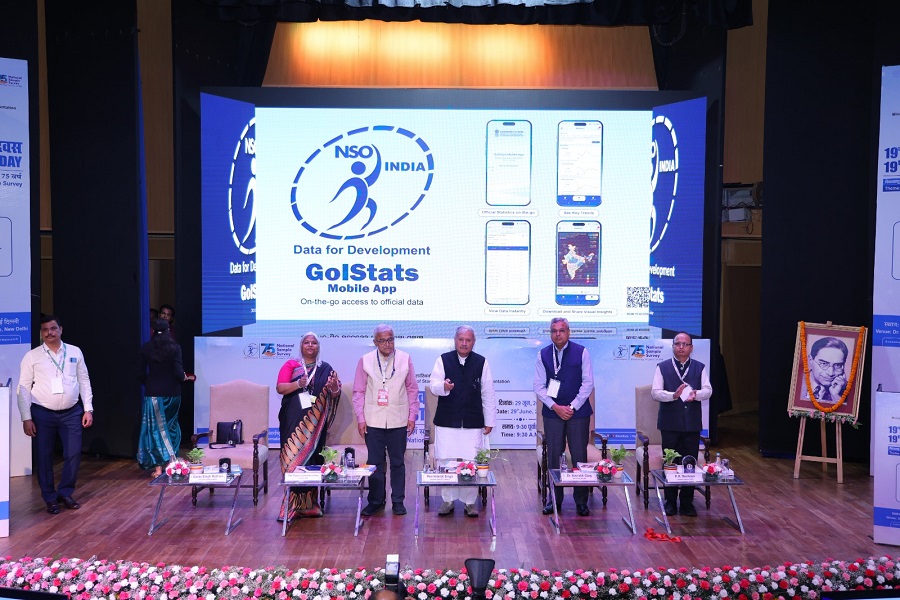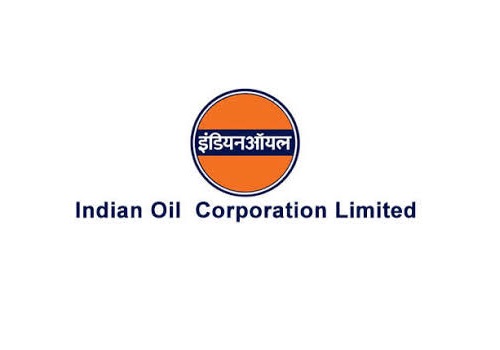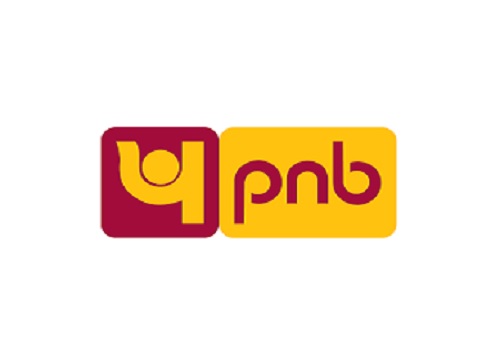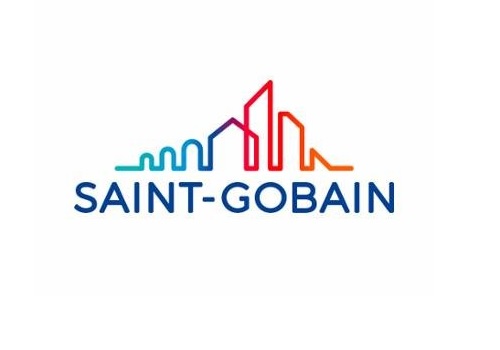Buy Karur Vysya Bank Ltd For Target Rs. 210 By Yes Securities Ltd.
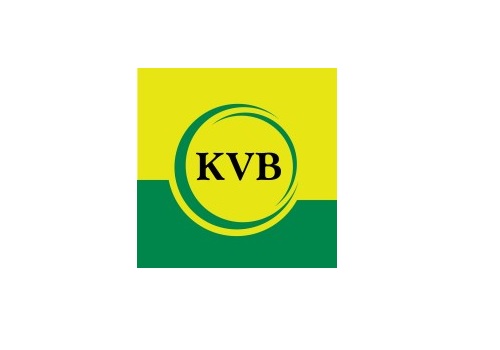
We initiate coverage on Karur Vysya Bank (KVB) with BUY rating on account of the following key reasons: (1) KVB has a healthy sustainable margin profile, being underpinned by a strong liability franchise, typified by industry-low SA card rates (2) KVB has effected a growth turnaround through digital under-writing (3) Credit cost outlook seems reasonably comforting and asset quality volatility is a thing of the past. We initiate coverage on KVB with BUY rating and a price target of Rs 260. This report also contains a detailed comparison of 11 mid and smallcap private sector banks
KVB has a healthy sustainable margin profile, being underpinned by a strong liability franchise, typified by industry-low SA card rates
For KVB, the SA rate for balances upto Rs 5 lac (1 lac = 0.1mn) is 2.25% and for balances between Rs 5-10 lacs is 2.5%. These represent the very lowest SA card rates for balances just below Rs 0.5mn and Rs 1mn, respectively, in our comparison universe. We think that, for a bank like KVB, which does not have a premium SA rate strategy, most of the SA deposits would be concentrated below Rs 1 mn, which, in a sense, is the secret sauce for KVB’s relatively low cost of deposits. We note that headline CASA ratio and share of retail deposits are only one dimension of the liability puzzle and being able to attract deposits at low card rates is also a very important indicator of franchise strength, which KVB evidently possesses. As a result, KVB's cost of deposits is 5.5% as of 1QFY25, which is the third lowest in our comparison universe for mid and smallcap banks. As a result, KVB has a healthy margin profile, which is sustainable since it is borne out of liability strength rather than a high yield portfolio.
KVB has effected a growth turnaround through digital under-writing
The adoption of digital under-writing by KVB has had the dual impact of improving risk management as well aiding lending throughput. As on today, most of the KVB loan book is executed via digital under-writing. The digital transformation journey, overseen by consulting firm BCG, began in earnest after FY20 and every segment other than corporate loans, i.e. 82% of total loan book, is now under digital under-writing process. The digital process essentially entails scorecard-based under-writing which does away with the subjective influence of the branch manager. Thus, it allows the bank to focus on and onboard quality proposals. For the new book onboarded via digital underwriting post 2020, stress levels are low at ~50 bps. Furthermore, loan growth had never gone beyond 9.5% over FY15-22 but has improved to 15.5/16.7% over FY23/24
Credit cost outlook seems reasonably comforting and asset quality volatility is a thing of the past
volatility is a thing of the past There is nothing worrying on the horizon for KVB in terms of incipient stress as reflected in SMA figures. SMA1 and SMA2, taken together, have declined from 90 bps of advances to 43 bps over the past 12 months. The bank has no longer been willing to take on project lending risk as it did in the past, which is reflected in the share of corporate loans declining from 36.5% in FY15 to 18.7% as of FY24. Apart from pivoting away corporate lending in general, KVB has also decided to stay away from consortium lending, while focusing on sole-banking arrangements. The share of BB and below corporate loans in total loan book was as much as 12.9% as of March 2021 but this has declined to 5.1% as of March 2024. KVB has upfronted provisions and has a provision coverage ratio of 94.9% as of June 2024, which is the very highest in our comparison universe.
We initiate coverage on KVB with BUY rating and a price target of Rs 260
We value KVB at 1.5x FY26E P/BV for an FY25E/26E/27E RoE profile of 16.4/16.8/16.9%. We place KVB at no. 6 in our pecking order of 15 banks. It is our second most preferred private sector mid and smallcap bank pick behind FED. This report also contains a detailed comparison of 11 mid and smallcap private sector banks.
Please refer disclaimer at https://yesinvest.in/privacy_policy_disclaimers
SEBI Registration number is INZ000185632.





